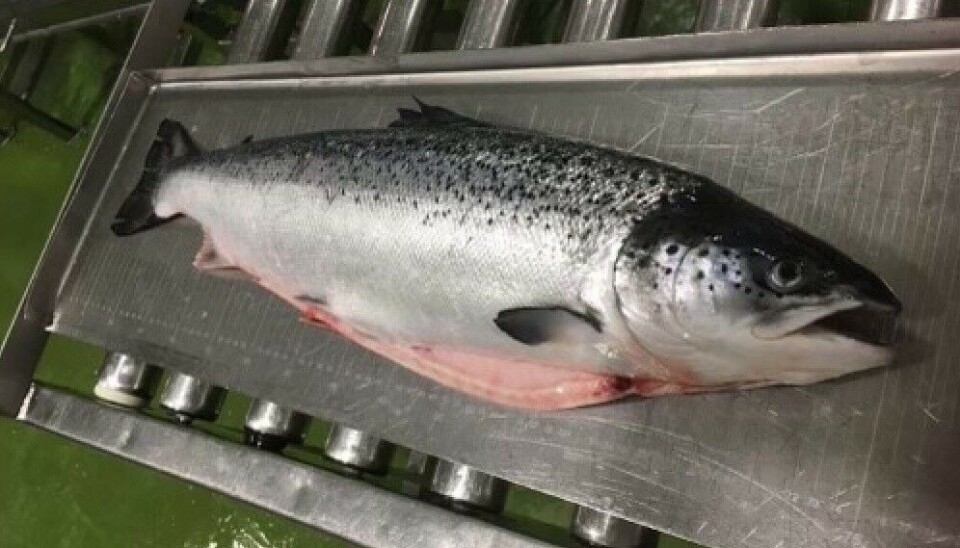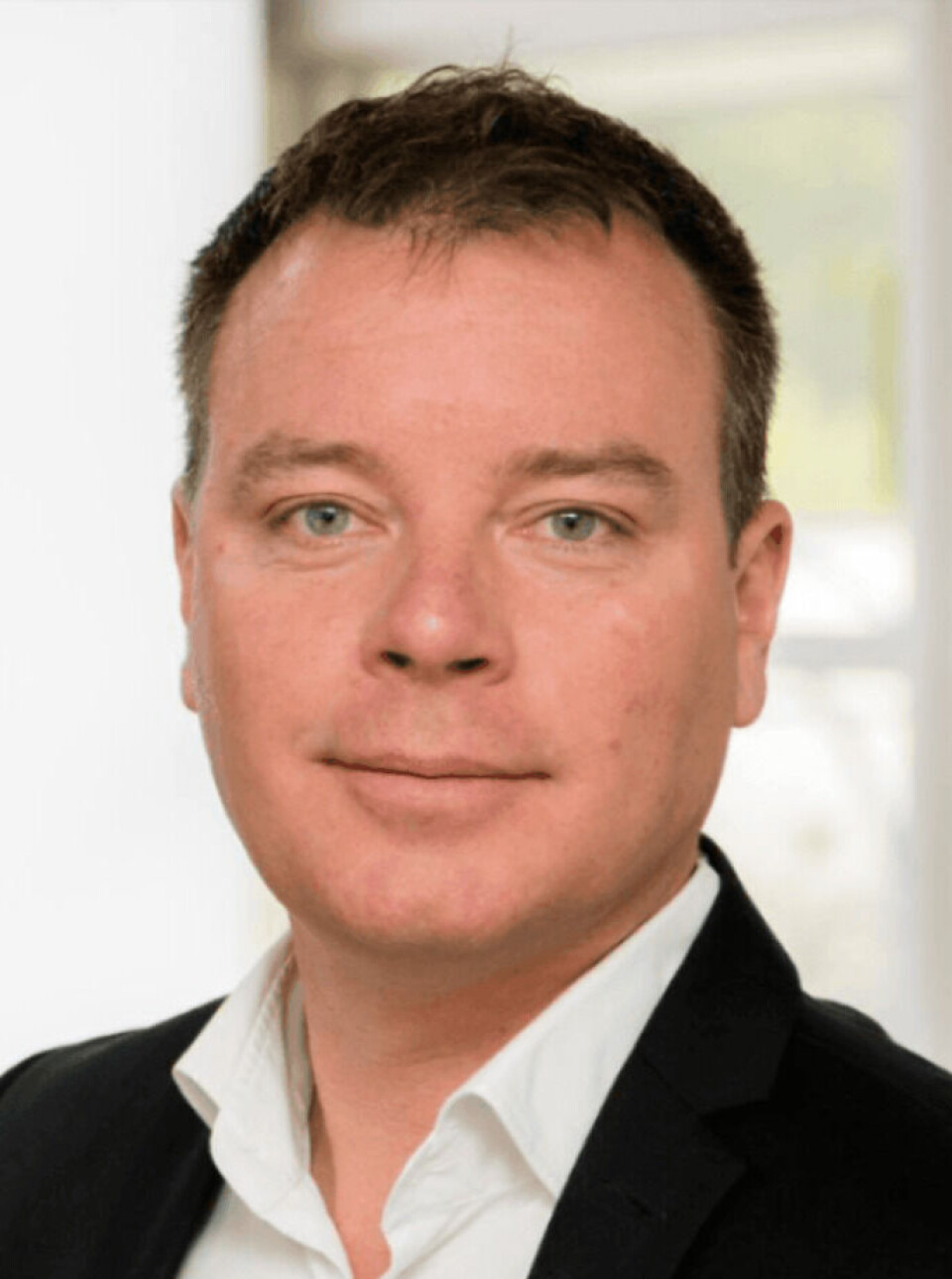
Mowi highlights superior quality of salmon at farm in activist video
More than 98.8% of fish harvested from a Mowi farm that formed part of a welfare complaint by anti-salmon farming activist Don Staniford were of “superior” grade, the company said today.
Staniford filmed individual fish in distress during out-of-hours visits to four Mowi sites on July 16/17 and edited footage together to make a short video which he alleges is evidence of welfare abuse.
Mowi said the allegation does not represent the health of the fish populations raised at its farms and highlighted the harvest results at one of the farms - Bagh Dail nan Ceann (BDNC), in Loch Shuna – on July 19 as proof.
Excellent results
“A total of 8,940 salmon weighing 5.71 kilograms (average) were harvested from Mowi’s BDNC salmon farm. The quality of these salmon from the farm yielded excellent results – over 98.8% graded by experts for scale quality and general condition as top “superior” grade,” the company stated.
“As part of a regular fish welfare inspection, veterinarian Jaime Santana attended the processing of BDNC salmon on July 19th at Mowi’s Blar Mhor processing plant in Fort William and comments: ‘The salmon are in really great condition with acceptable parasite load, good integrity of the skin, and are receiving a high rate of salmon being categorised as superior.’”
Dawn raid
In a complaint sent to the Animal and Plant Health Agency (APHA), Police Scotland’s wildlife crime unit, Marine Scotland, Scottish government ministers, the RSPCA and the Scottish SPCA, Staniford recommended that authorities followed his own method of targeting sites before or after farm staff were working.
“It seems that morts lie either dead or dying on the surface early in the morning before Mowi staff come to pick them all out in a small dinghy which they have tied to their farms - hence a visit prior to Mowi staff cleaning up the morts would be advisable,” wrote Staniford.
Isolated examples
In its statement today, Mowi said: “As is the case with all types of farming, there will unfortunately be times when individual animals are in distress, and these isolated examples can be understandably concerning to the public as well as the farmer. Farmers and veterinarians will do whatever they can to treat animals under their care, or, when circumstances require it, may have to choose to humanely euthanise the animal.
“The vast amount of swimming area afforded to salmon in net pens (typically >25,000 cubic metres of space) does present difficulty in immediately tracking and tending to individuals that may flee when approached. Mowi is investing in technology that will help address this issue. Mowi’s “Smart Farming 4.0” includes underwater sensors that will automate animal welfare tracking, alerting experts in real time should extra care and attention be required.”

Mowi Scotland chief operating officer Ben Hadfield said: “The way this is presented is very unfair and lacks credibility, we care for the welfare of our salmon, every day, and don’t like to see even one animal suffer. Our experienced farmers are supported by fish health experts and veterinarians that help to ensure animal welfare is attended to every day, and these results are inspected by professional third-party organisations.
“While we take claims of poor welfare very seriously, this allegation is from an individual who has never worked in the business, has previously made similar unsupported claims, has been found guilty of defamation and was described by the court judge as ‘akin a zealot’. Salmon harvested from these farms showed 98.8% superior grade, great looking fish in good physical condition.”
Mowi said it will continue to share information with third-party animal welfare organisations and welcomes auditors to its farms for planned and unplanned visits. The company added that it will continue to deploy teams of staff to farms that, during warm summers when increasing water temperatures challenge fish health, will focus on treating or humanely removing individual fish that show signs of distress.























































